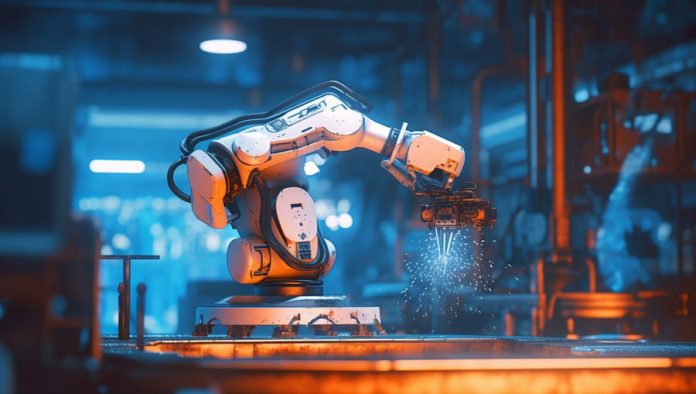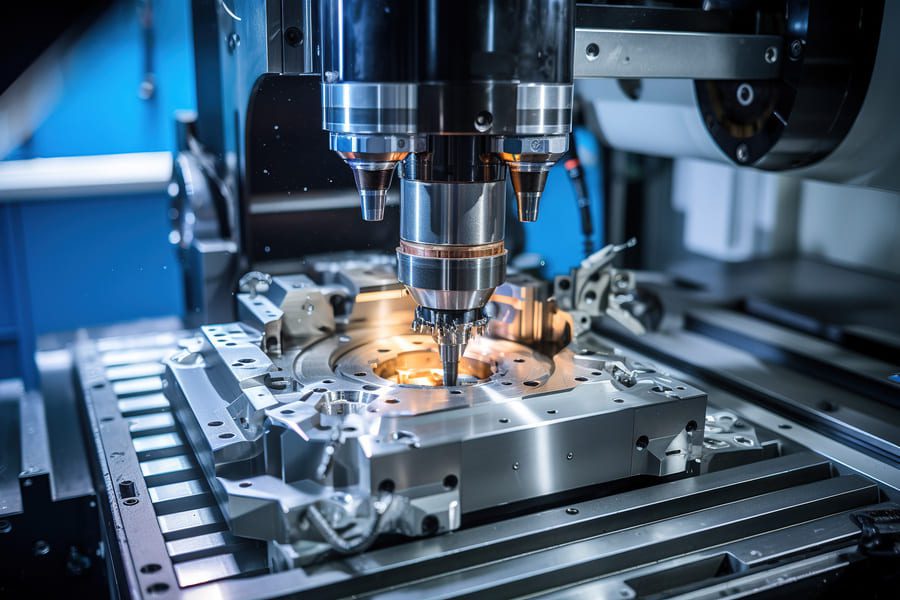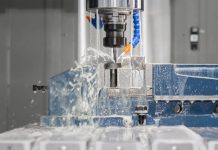In the fast-paced world of modern business, success hinges on innovating and maintaining high standards. Precision engineering stands as a cornerstone in this dynamic environment, playing a pivotal role in shaping industries and driving progress. This article delves into how precision engineering contributes to business success, applications across various sectors, and future potential.
Understanding Precision Engineering And Its Importance
Precision engineering is a specialized field focused on the creation of machines, fixtures, and various structures characterized by their extremely tight tolerances and consistent, long-term stability and repeatability. These attributes are crucial in numerous sectors, including aerospace, automotive, and medical devices, where precision and reliability are non-negotiable. The precision of components directly impacts the efficiency, performance, and safety of end products, making precision engineering a key contributor to business success.
Impact On Manufacturing Efficiency
When we look closely at the manufacturing world, it’s clear that precision engineering is not just an improvement but a revolution. It brings life to designs that were once mere concepts, turning them into tangible parts and components with unmatched accuracy. This precision reduces wasted materials and time spent on reworks, significantly boosting efficiency. Let’s take Mexico contract manufacturing as a prime example. Here, precision engineering plays a pivotal role in streamlining production processes. It’s about more than just following blueprints; it’s about bringing a level of precision that turns standard manufacturing into a high-quality art form. This meticulous approach to manufacturing doesn’t just meet standards – it sets new ones, playing a critical role in the success of businesses that rely on these services.
Role In Product Innovation And Development
In the bustling hub of product development, precision engineering is the secret ingredient that gives life to groundbreaking products. It’s like giving creators a magic wand to craft intricate and tiny components, essential in sectors like electronics and medical devices where smaller often means more advanced. Imagine the possibilities when barriers of size and complexity are no longer obstacles. This is where precision engineering shines, enabling innovators to push boundaries and keep their businesses at the forefront of technological advancements.
Enhancing Quality And Reliability
The heart of precision engineering beats strongly in its ability to uplift the quality and reliability of products. Imagine a world where every component functions flawlessly, where product failures are a rarity. This world is not a utopia but a reality crafted by precision engineering. It’s not just about avoiding the negatives of failure but about building a positive reputation for quality and dependability. Businesses that harness this aspect of precision engineering enhance their products and fortify their standing in the market, building a foundation of trust with their customers.
Sustainability Through Precision Engineering
In today’s world, sustainability is not just a buzzword but a vital business strategy. Precision engineering steps into this by minimizing waste and maximizing resource efficiency. It’s a method that respects the planet’s resources, aligning business practices with the urgent need for environmental responsibility. Businesses that adopt this sustainable approach aren’t just doing their part for the environment; they’re connecting with a growing community of consumers who value eco-conscious practices.
The Role in Customization and Personalization
Precision engineering allows businesses to offer a personal touch in a marketplace where uniqueness is celebrated. Imagine providing products that fit each customer’s needs, like a glove crafted with pinpoint accuracy. This capability to customize and personalize is not just a feature – it’s a statement to customers that their individual preferences matter. Businesses that capitalize on this aspect of precision engineering don’t just sell products; they provide personalized experiences, fostering deeper customer connections and loyalty.
Leveraging Technology for Competitive Advantage
In the race for innovation, technology is the turbo boost, and precision engineering is the driver. Advanced technologies like 3D printing, CNC machining, and robotics have transformed product design and manufacturing. They enable not only unparalleled precision but also swift production, allowing businesses to adapt rapidly to ever
-changing market demands. This fusion of technology and precision engineering is like a secret weapon for businesses, providing them with agility and accuracy. Companies that harness these technological marvels are not just keeping pace; they’re setting the pace, often leaving their competitors a step behind.
Transitioning To The Future: Adaptability And Growth
The industry landscape is ever-shifting, and in this environment, the ability to adapt is synonymous with the ability to thrive. Precision engineering is a dynamic field, constantly evolving with new technological breakthroughs and material advancements. It’s like navigating a river that’s always changing course; businesses need to be agile, adjusting their strategies to harness the latest developments. This constant evolution ensures that companies are not just reacting to changes but are actively shaping their future, paving the way for sustained growth and relevance.
Navigating Challenges and Opportunities
The journey through the world of precision engineering is not without its obstacles. High costs for state-of-the-art equipment and the need for specialized skills are significant challenges. Yet, it’s in overcoming these challenges that opportunities for innovation and growth are found. Investing in training and technology isn’t just solving a problem; it’s opening a door to new possibilities. It’s about turning barriers into stepping stones, harnessing the full potential of precision engineering to drive business success. Companies that view these challenges as opportunities for development often lead the way in their industries, transforming potential hurdles into catalysts for innovation and progress.
Conclusion
Precision engineering is vital in the modern business landscape, offering a blend of efficiency, quality, and innovation. Its impact stretches across various industries, driving progress and contributing to the success of businesses worldwide. As technology and market demands continue to evolve, the role of precision engineering in shaping the future of business is undeniable. Companies that embrace and adapt to these advancements are well-positioned for sustained success and growth.





































